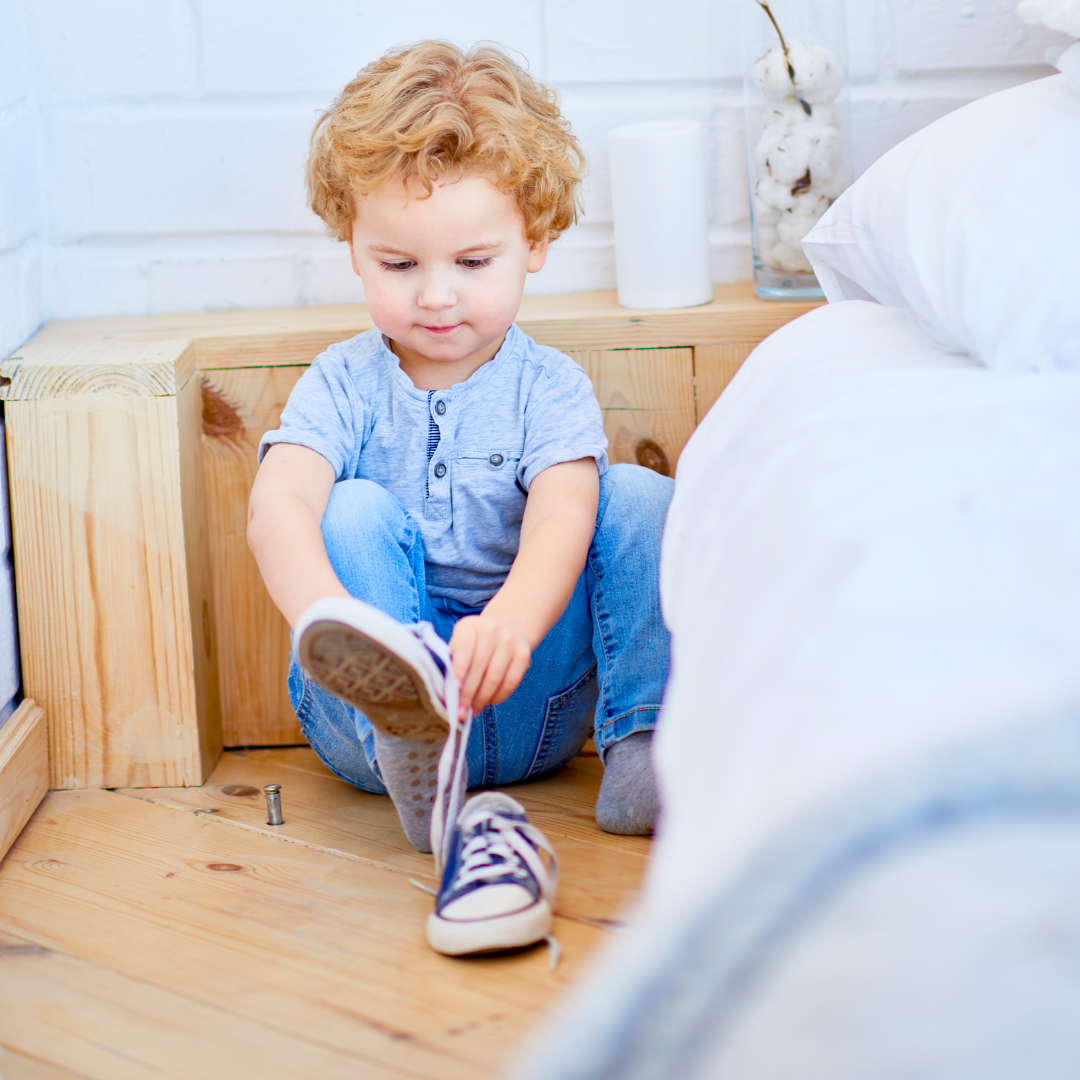
Dr. Laura Radziwon shares five strategies for helping your children to grow in resiliency.
As a military family, we just packed up for yet another move. Moving in the middle of the school year, waiting on our moving truck to arrive, and figuring out another routine as we settle into our new home can feel like a lot. It is a lot. As parents, we are always concerned about, “how will be my child be affected?” and “will they be okay with all this change?” A common response to these fears is that “kids are resilient.” But what does this mean?
There are three groups of resilient children:
- Dandelions. Dandelion children are fairly resilient and able to cope with stress and adversity in their lives. They get their name after the weed that constantly shows up in my flowers, in the sidewalk cracks, and anywhere else you think they shouldn’t thrive—but they do anyway!
- Orchids. A minority of kids are more sensitive and biologically reactive to their circumstances, which makes it harder for them to deal with stressful situations. Orchid children tend to show great sensitivity to both good and bad environments (this type of child is otherwise known as a "highly sensitive person"). Orchid children’s susceptibility to their environment also may differ depending on when in their development they are exposed to a given experience. For example, the ages of 0-5 and 13-18 are considered the two most influential times in a person’s life in shaping their mental health, resiliency, and overall well-being. Like orchids in nature, when they are treated just right by being given a supportive, nurturing, and routined environment, orchid children can thrive and grow into amazingly resilient adults.
- Tulips. Tulips are very common, but less fragile than orchids while more sensitive to climate than dandelions.
In summary, while some people are highly sensitive (i.e., orchids), the majority have a medium sensitivity (i.e., tulips) and a substantial minority are characterized by a particularly low sensitivity (i.e., dandelions). No one group is better or easier than the others; each group of children have their God-given set of strengths and weaknesses.
So, yes. Kids are resilient—but only if we set them up for success—especially our orchid children.

Here are a few ways to successfully help kids increase their resilience:
- Understand that all children and families will face difficulties. Some problems will be bigger than others, but there is no need to compare.
- Help your child focus on solving the problem/difficulty so that your child is more likely to find a solution.
- A positive attitude always wins. You cannot change circumstances, but you can change your attitude.
- You will not always understand why things happen. The question is not “Why did this happen to us?” but rather “What can we learn from this experience?”
- Turning to God and trusting Him with your struggle or confusion is always better than running away from Him.
One enemy of resilience is the false assumption that we know how things will end. When a situation seems out of control or does not appear to be headed in the right direction, we tend to write “The End” on the story. We think we know the result, so, instead of exercising resilience, we give up or take matters into our own hands. Proverbs 3:5-6 is a good passage to remind us to trust God whenever we can see only disaster ahead:
Trust in the LORD with all your heart,
on your own intelligence do not rely;
In all your ways be mindful of him,
and he will make straight your paths.
Choosing to trust in the Lord rather than rely on what we understand is the foundational way to stay resilient and increase resilience. Modeling this to our children and teaching this to our children is paramount to giving them the tools to increase their resiliency.
If you want to learn more about this topic or learn how to best support your child, please consider reading one of these books to help guide you:
- The Orchid and the Dandelion: Why Some Children Struggle and How All Can Thrive by Dr. Thomas Boyce
- The Highly Sensitive Child: Helping our Children Thrive When the World Overwhelms Them by Elaine N. Aron, PhD

Copyright 2023 Laura Radziwon
Images: Canva
About the Author

Laura Dimler Radziwon
Laura Dimler Radziwon, Ph.D. is a military wife, mother of 3, developmental psychopathologist, and college professor. She studies how child development, parenting, and mental health work together during times of transition. Outside of that, she enjoys spending time in the sunshine with her children and rescue dog, reading too many books at once, and challenging her husband to a game of Scrabble.


.png?width=1806&height=731&name=CatholicMom_hcfm_logo1_pos_871c_2728c%20(002).png)
Comments